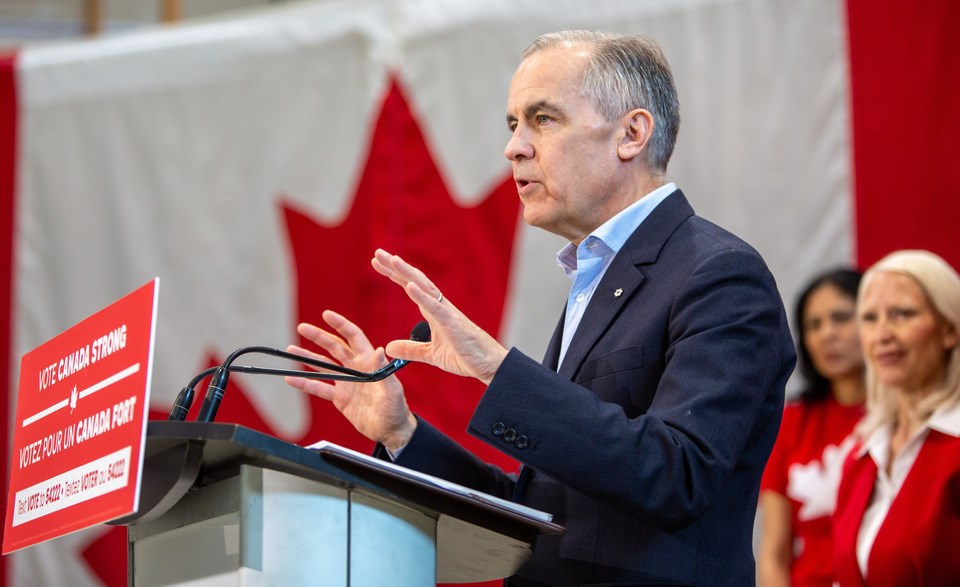A compromise cabinet...
Kirk LaPointe: Carney’s Cabinet is built to stabilize, not to soar
With little time and big expectations, the prime minister leaned on Trudeau’s leftovers to assemble a cabinet better suited to triage than transformation
Few prime ministers have arrived needing a great cabinet quite like Mark Carney.
What became evident Tuesday was that, despite a towering résumé and fresh mandate, he leaned heavily on his unpopular predecessor’s leftovers—less by choice than necessity. With the clock ticking from the moment he became Liberal leader, Carney assembled a cabinet built more for containment than inspiration. It's not yet the army for transformation—just the best field medic unit he could deploy on short notice.
Carney brought back many of the usual suspects mainly as a practical necessity, because he had a matter of days once he was elected Liberal leader to recruit significant numbers to change the channel as he called an election.
The product is a bulbous, two-tiered, gender-equal, 38-person cabinet—an inner circle of 28 full ministers, then a foggier assemblage of 10 ministers of state—to contend with not only the madness of the Donald Trump administration but the exceptional homegrown challenges of affordability, housing, immigration, health care, security and whatever suits your grumpy fancy.
With little time and big expectations, the prime minister leaned on Trudeau’s leftovers to assemble a cabinet better suited to triage than transformation

www.timescolonist.com




